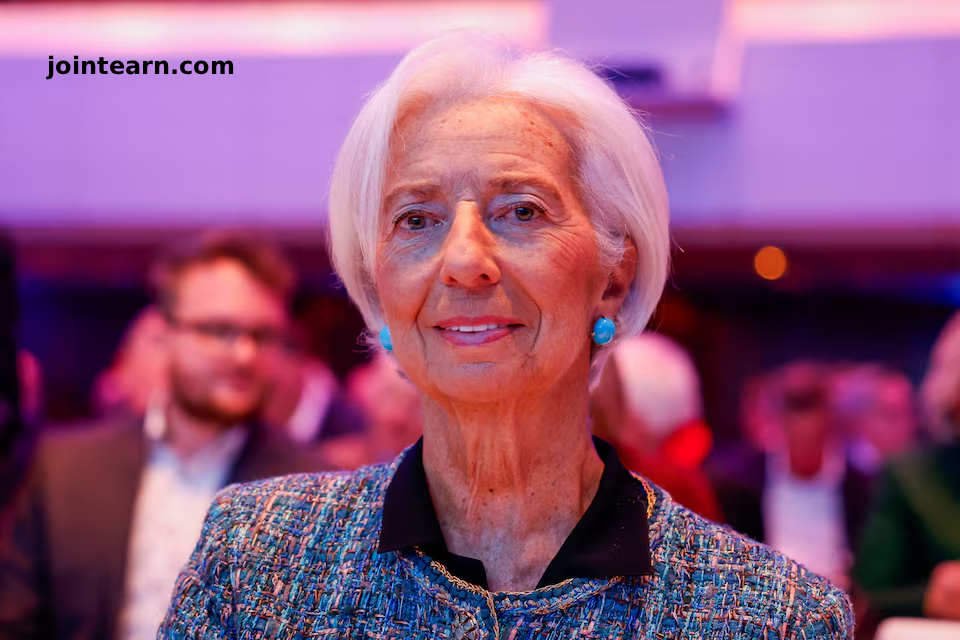
FRANKFURT, November 21, 2025 – The European Union (EU) can offset the negative impact of U.S. trade tariffs by reducing internal barriers among its member states, according to European Central Bank (ECB) President Christine Lagarde. Speaking at Euro Finance Week in Frankfurt on Friday, Lagarde emphasized that boosting intra-EU trade could help the bloc maintain economic growth despite global protectionist pressures.
EU’s Export-Oriented Economy Faces Global Challenges
Lagarde highlighted that the EU’s export-driven economic model has been disrupted by a surge in global protectionism. She pointed to U.S. tariffs under President Donald Trump and China’s dominance over rare earth metals as key examples of external pressures challenging EU competitiveness.
“The EU’s model has been upended by global protectionist trends, but there is room to strengthen our internal market to mitigate these shocks,” Lagarde said.
Reducing Internal Barriers as a Solution
The ECB chief suggested that reducing trade frictions among the EU’s 27 member states could offset the impact of external tariffs. She cited the Netherlands, one of the bloc’s most open economies, as a benchmark for trade efficiency.
“Our analysis shows that if all EU countries lowered their internal barriers to the level of the Netherlands, barriers could fall by roughly 8 percentage points for goods and 9 percentage points for services,” Lagarde explained. “Even achieving a quarter of this reduction would be enough to boost internal trade sufficiently to fully counteract the impact of U.S. tariffs on growth.”
Proposed Economic Reforms
Lagarde outlined a series of structural reforms that could enhance EU economic resilience:
- Harmonizing Value-Added Taxes (VAT) across member states
- Establishing EU-wide corporate law to streamline business operations
- Implementing a voluntary “28th regime” framework to allow opt-in structural changes within the bloc
These measures, she suggested, could not only strengthen the internal market but also make the EU more competitive globally.
ECB’s Role and Fiscal Measures
Lagarde also praised fiscal spending in key member states, particularly Germany, for buffering economic performance. She reiterated that the ECB, which has sharply cut interest rates in 2024-25, remains committed to maintaining price stability.
“We will continue to adjust our monetary policy as needed to ensure inflation remains at our target,” Lagarde said, signaling that the ECB is prepared to support growth through both monetary and structural measures.
Conclusion
The European Union has the tools to counteract external economic pressures, including U.S. tariffs, by boosting intra-bloc trade, implementing structural reforms, and leveraging fiscal policy. Lagarde’s recommendations underscore the importance of a unified internal market and proactive economic policies to strengthen Europe’s global competitiveness.


Leave a Reply